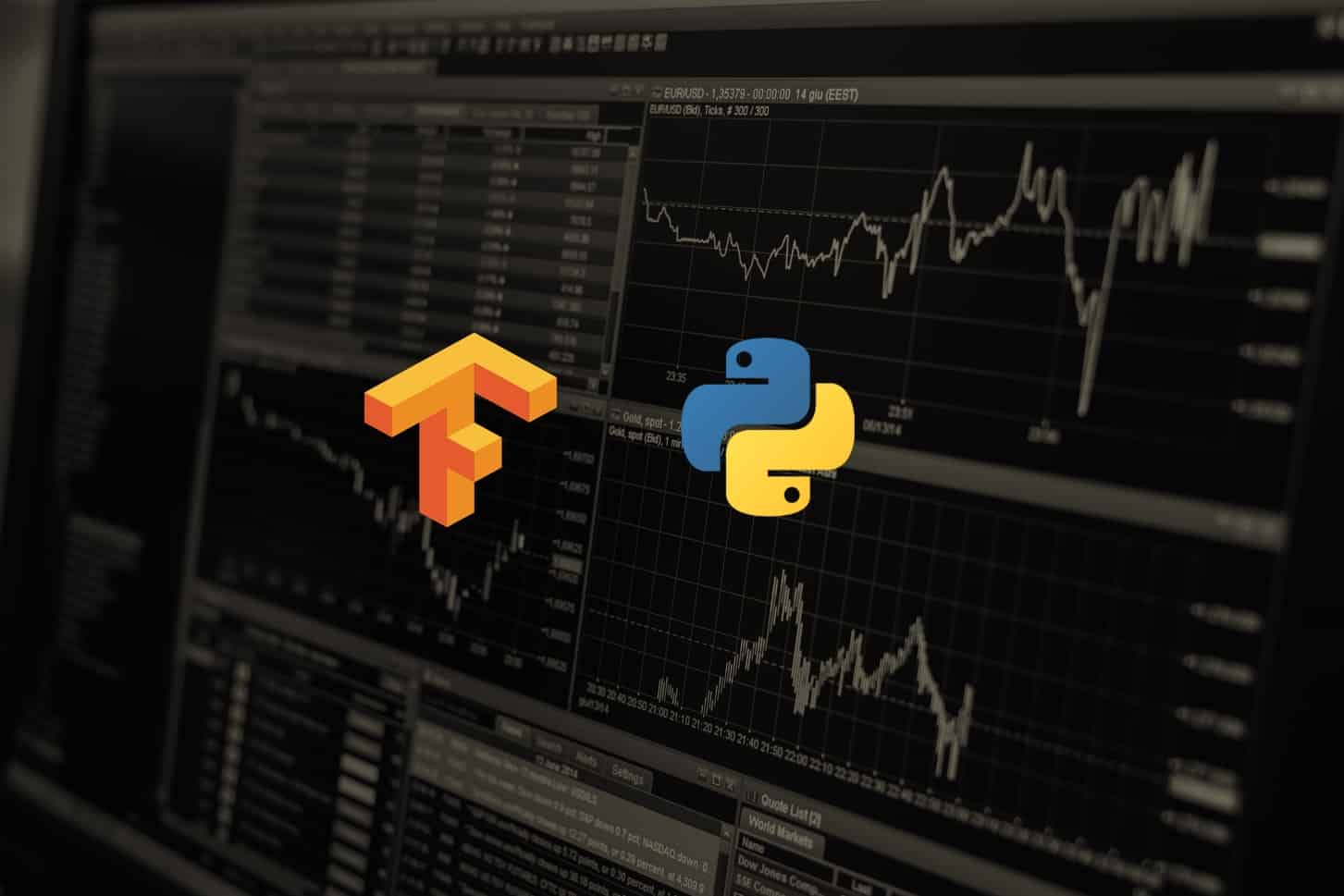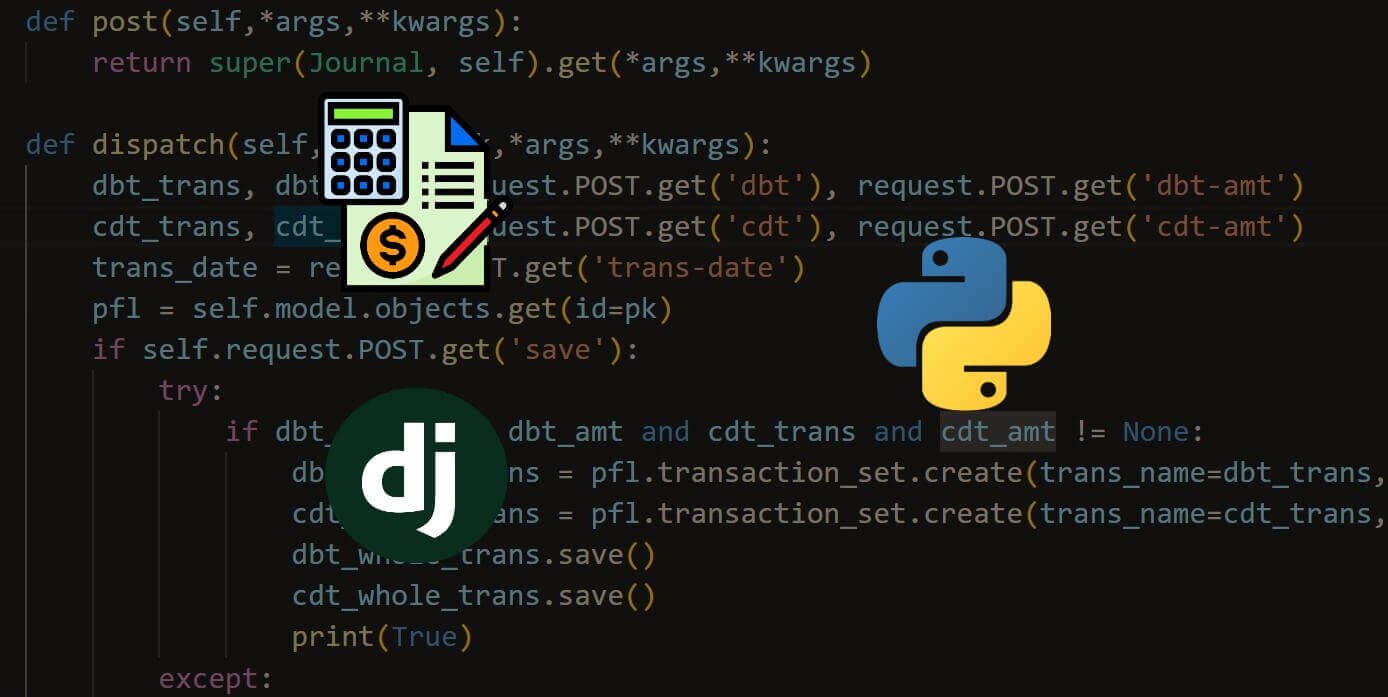Before we get started, have you tried our new Python Code Assistant? It's like having an expert coder at your fingertips. Check it out!
Managing money is an essential life skill that can greatly impact our financial stability and future goals. Fortunately, technology has made it easier than ever to keep track of our finances, create budgets, and even invest wisely. One versatile tool that can aid in all these aspects is Python, a powerful programming language known for its simplicity and flexibility.
In this blog post, we will explore how you can use Python for effective money management.
Why Python for Financial Management?
Before we dive into practical applications of how to combine using money worksheets and Phyton for money management, it's essential to understand why Python is an excellent choice for managing your finances:
- Versatility: Python is a versatile language that can handle various financial tasks, from basic budgeting to complex investment analysis.
- Accessibility: Python is open-source, meaning it's freely available to anyone. You can install Python on your computer without incurring any additional costs.
- Community and Resources: Python has a large and active community of developers, which means there are plenty of resources, libraries, and tutorials available online to support your financial management efforts.
Now, let's explore how Python can assist you in managing your money effectively.
Budgeting and Expense Tracking
Budgeting is a fundamental part of managing your finances. Python can help streamline the budgeting process and provide insights into your spending habits without requiring you to write complex code.
- Budget Creation: With Python, you can create a budget by defining your income, expenses, and savings goals. Python scripts can calculate how much you should allocate to different expense categories and generate a budget report.
- Expense Tracking: Python can also help you track expenses efficiently. You can create a simple system to record your transactions, categorize them, and provide you with spending summaries.
Analyzing Investments
Investing is a critical aspect of managing money for the future. Python can be used to analyze investment opportunities, calculate returns, and make informed decisions.
- Stock Market Analysis: Libraries like Pandas and Matplotlib can be used to analyze stock market data. You can fetch stock prices, calculate returns, and visualize trends to make informed investment choices.
- Real Estate Investment: Python can assist in analyzing real estate investments by helping you calculate rental property cash flow, estimate property values, and evaluate the potential return on investment (ROI).
Automating Financial Tasks
Python's automation capabilities can significantly simplify financial management. You can automate repetitive tasks such as bill payments, savings transfers, and investment portfolio rebalancing.
- Bill Payment Automation: Set up scripts to automate your bill payments by integrating with online banking services or bill payment platforms, ensuring you never miss a payment deadline.
- Savings and Investment Automation: Automate transfers to your savings account or schedule automatic investments in specific assets based on predefined criteria. This ensures that you consistently work towards your financial goals.
Python Financial Tools and Libraries
Python's extensive ecosystem includes a variety of financial tools and libraries that can simplify and enhance your money management efforts:
1. Pandas
Pandas is a versatile data manipulation and analysis library, ideal for handling financial data efficiently.
2. Matplotlib and Seaborn
These libraries enable you to create informative visualizations, helping you gain insights from your financial data.
3. NumPy
NumPy provides essential support for numerical operations, making complex financial calculations more manageable.
4. QuantLib-Python
A valuable resource for quantitative finance, QuantLib-Python offers tools for pricing and managing financial derivatives.
5. Zipline
Zipline is an open-source library for algorithmic trading enthusiasts to develop and test trading strategies.
6. Beautiful Soup
Use Beautiful Soup to scrape financial data from websites like stock prices or economic indicators.
7. YFinance
YFinance simplifies access to Yahoo Finance data, including historical stock prices and dividend information.
8. Pandas-Datareader
Pandas-Datareader facilitates the retrieval of financial data from various sources, making it convenient for analysis.
9. Investpy
Investpy provides access to international financial data, including stocks, ETFs, and currencies.
10. FRED API
Access a wealth of economic data from the Federal Reserve Economic Data (FRED) API, useful for economic analysis.
These tools and libraries complement Python's capabilities, making it easier to manage your finances effectively and make informed financial decisions.
Security and Privacy Considerations
While using Python for financial management can be powerful, it's crucial to consider security and privacy. Always ensure that your financial data is encrypted and use secure methods to access sensitive information from banks or investment platforms. Additionally, keep your scripts and financial data stored securely on your computer.
In conclusion, Python is a versatile and accessible tool for managing your money effectively. Whether you're creating budgets, tracking expenses, analyzing investments, or automating financial tasks, Python can help you streamline the process and make informed financial decisions. With the right knowledge and resources, you can take control of your finances and work towards a more secure financial future.
So, why wait? Start exploring the world of financial management with Python and take your money management skills to the next level!
Finished reading? Keep the learning going with our AI-powered Code Explainer. Try it now!






Got a coding query or need some guidance before you comment? Check out this Python Code Assistant for expert advice and handy tips. It's like having a coding tutor right in your fingertips!